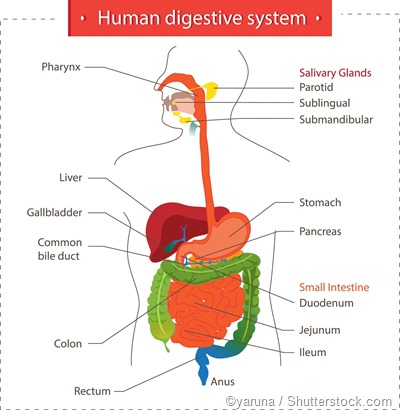Although belching is a physiological process, various conditions may lead to or cause excessive belching or burping, usually conditions that involve the stomach, duodenum, gallbladder, and esophagus. It may also be caused by lifestyle and dietary factors, such as the type of food eaten and the method of eating.

It is important to note that belching is a normal part of human behavior and is needed to rid the stomach of excess gas that is swallowed when eating or produced during the process of digestion. However, excessive belching can become problematic if it occurs on a persistent basis and is paired with other symptoms, such as abdominal pain.
Physiological causes
Lifestyle and dietary factors may contribute to some cases of excessive belching. This may include swallowing air when eating or drinking or consuming certain food and drink, such as cabbage, cauliflower, broccoli, beans, and carbonated beverages.
It is commonly believed that most cases of excessive belching are associated with swallowing air or certain foods and drinks. However, this is not true as most cases of excessive belching are, in fact, related to diseases of the gastrointestinal tract. These are widely grouped as pathological causes and discussed in more detail in the following sections.
Hiatal hernia
A hiatal hernia is a condition that involves the extension of a portion of the stomach through the esophageal hiatus into the chest cavity. This alters the passage of food into the stomach and disrupts the mechanisms needed to prevent the backflow of stomach acid into the esophagus. In this case, periods of burping tend to come and go according to the stomach's changing position.
Small intestine bacterial overgrowth
Similar to the bacterial infection of the stomach, the small intestine can also sometimes be affected by bacterial overgrowth that may lead to excessive belching. Small intestine bacterial overgrowth (SIBO) usually affects the duodenum, which can lead to the production of gas and burping.
Infections of the stomach
Bacterial infections of the stomach, such as Helicobacter pylori (H. pylori), can lead to gas production and release from the stomach. As such, it may contribute to burping to some extent, although the volume of gas is thought to be slight. However, the bacterial infection also leads to an increase in the stomach's acidity, which can also contribute to the accumulation of gas and, hence, burping.
 Image Credit: Emily frost / Shutterstock.com
Image Credit: Emily frost / Shutterstock.com
Food intolerance
Indigestion of or intolerances to certain foods can also contribute to excessive belching. This is because the nutrients remain in the gut for consumption by bacteria, which produces gas as a byproduct. Common intolerances associated with frequent burping include lactose intolerance, gluten intolerance, fructose malabsorption, and sorbitol malabsorption.
Insufficiency of the pancreas
The pancreas is an important organ for the production of digestive enzymes needed for the chemical breakdown of foods in the gastrointestinal tract. Due to bile duct stones, pancreatitis, or pancreatic cancer, insufficiency of the pancreas can lead to an inability to digest food adequately, leading to food intolerances and malabsorption. As a result of the bacterial consumption of the nutrients, excessive belching may occur.
References
- http://patients.gi.org/topics/belching-bloating-and-flatulence/
- http://search.medscape.com/search/?q=excessive%20belching&plr=mln&page=1
- http://www.phaa.com/excessive-burping-belching.htm
- https://www.ncbi.nlm.nih.gov/pubmed/20095992
Further Reading
- All Digestion Content
- What is Digestion?
- Digestive Systems
- Vertebrate Digestion
Last Updated: Jan 21, 2021

Written by
Yolanda Smith
Yolanda graduated with a Bachelor of Pharmacy at the University of South Australia and has experience working in both Australia and Italy. She is passionate about how medicine, diet and lifestyle affect our health and enjoys helping people understand this. In her spare time she loves to explore the world and learn about new cultures and languages.
Source: Read Full Article